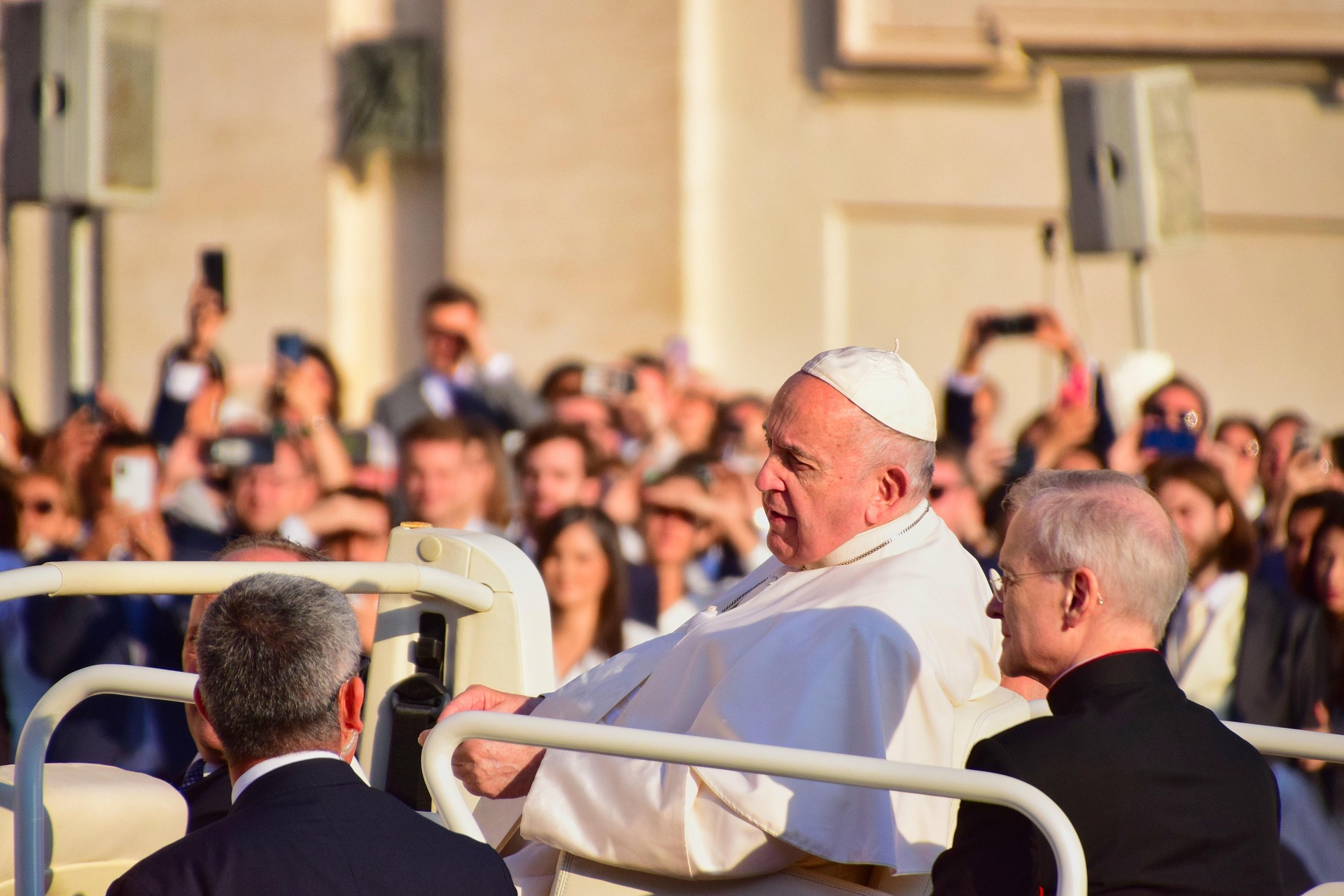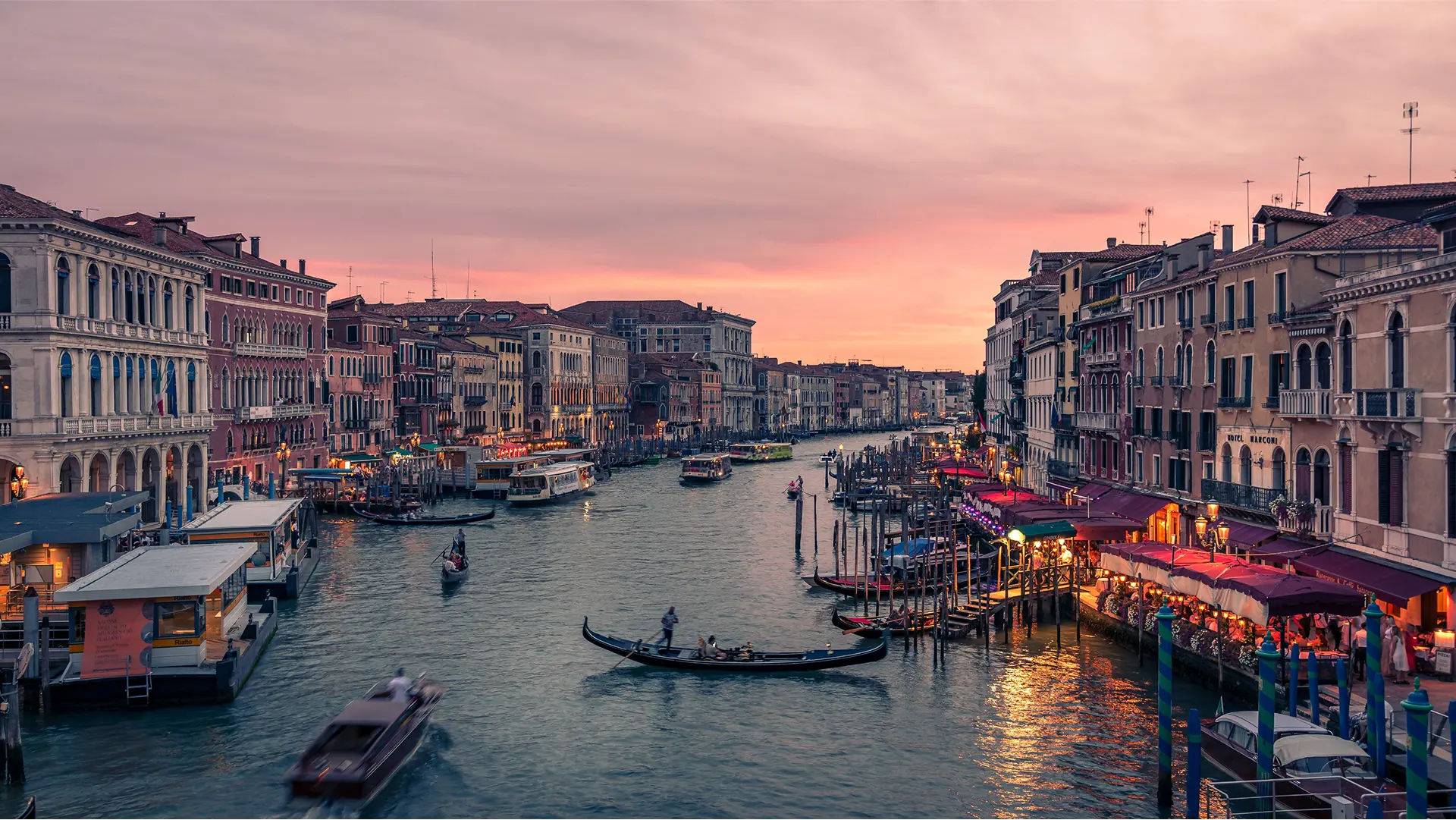
In addition to being a religious figure, Pope Francis represents compassion, humility, and contemporary spiritual reform. From the streets of Buenos Aires to the Vatican, his tale is characterised by compassion, hardship, and an unwavering commitment to helping others. In Their Own Words: The Inspiring Journey of Pope Francis uses his own introspection and public declarations to shed light on his journey, allowing us to enter the head and heart of one of the most significant individuals of the twenty-first century.
- Sophie Nyweide, Known for Noah and An Invisible Sign, Dead at 24
- In Their Own Words: The Inspiring Journey of Pope Francis
- Ben Affleck Criticizes California Film Tax Policy, Calls for Better Incentives
- Hello world!
- AI in Education is Transforming Learning Experiences
A Lowly Start
Pope Francis was born Jorge Mario Bergoglio in Buenos Aires, Argentina, on December 17, 1936. He grew up in a poor, working-class family of Italian immigrants. His early years were characterised by deep family relationships, simplicity, and faith. He had a strong relationship with God from an early age and frequently credited his grandmother’s teachings with influencing his spiritual outlook.

“My grandmother taught me to pray, and it was from her that I learned to love the poor.”
He had originally planned to become a chemist, but in 1958 he joined the Society of Jesus (Jesuits) after experiencing a strong and unexpected call to monastic life. This choice signalled the start of a lifetime of selflessness and service.
Reality is greater than ideas,” Pope Francis has often said—a reflection of his belief in practical, grounded ministry over theoretical doctrine.
He has a distinct, people-first view of faith because of his years of working in slums and among the poorest populations. His pontificate would later be defined by this.
Getting the Pope: An Unprecedented Election
March 13, 2013 was a historic day. As the 266th pope of the Roman Catholic Church, Jorge Mario Bergoglio was the first American pope, the first Jesuit pope, and the first to adopt the name “Francis” in remembrance of the patron saint of the poor, St. Francis of Assisi.
The choice of name was not made hastily. Pope Francis clarified:
Francis of Assisi is the man of poverty, the man of peace, the man who loves and protects creation… how I would love a Church that is poor and for the poor.”
This declaration set the tone for a papacy focused on humility, simplicity, and outreach.
Embed from Getty ImagesA Papacy of Reform and Compassion
Pope Francis has advocated for a more inclusive and caring Church ever since he was elected. In tackling complicated social issues like divorce, LGBTQ+ rights, and clerical abuse, he has emphasised mercy over judgement, spoken out against economic disparity and climate change, and supported refugees and migrants.
In his historic encyclical on the environment, Laudato Si’, he urged immediate action to safeguard “our common home.”
“Our home planet, Earth, is starting to resemble a huge pile of filth.”
Pope Francis prioritises discussion above dogma, in contrast to many of his predecessors. Even when discussing contentious subjects, he promotes listening, asking questions, and having candid discussions.
An International Voice for the Silent
Pope Francis’s unwavering support of the voiceless is among his most notable leadership qualities. He sets an example, whether he is touring underprivileged areas in Africa or washing the feet of inmates on Holy Thursday.
His teachings, which have been repeated in innumerable homilies and speeches, frequently focus on compassion, mercy, and dignity:
He famously remarked, “Who am I to judge?” in reference to gay Catholics who are seeking God; this statement ignited discussions about acceptance and inclusion in the Church around the world.
Pope Francis has been a ray of hope for peace in areas ripped apart by conflict and displacement. In an effort to foster harmony and understanding, he has met with leaders of Islam, Judaism, and Eastern Orthodoxy and advocated for interfaith discussion.
As He Put It: A Human Leader
Pope Francis’ relatability is what really sets him apart. He speaks as a fellow human being who is enduring hardships, gaining knowledge, and developing his faith rather than as a remote pope.
He has laughed at papal jokes, acknowledged his own flaws, and reminded everyone that even the most powerful religious figure is still a servant.
“I’m a sinner. The most accurate definition is this one. It is not a literary genre or a figure of speech. I’m a sinner.
In these unvarnished, vulnerable, and honest moments, the world witnesses Jorge Bergoglio as a person in addition to Pope Francis as a leader.
His legacy is to transform our perceptions of one another as well as the Church. His remarks serve as a reminder that love may be the foundation of leadership and that compassion is not a sign of weakness.



